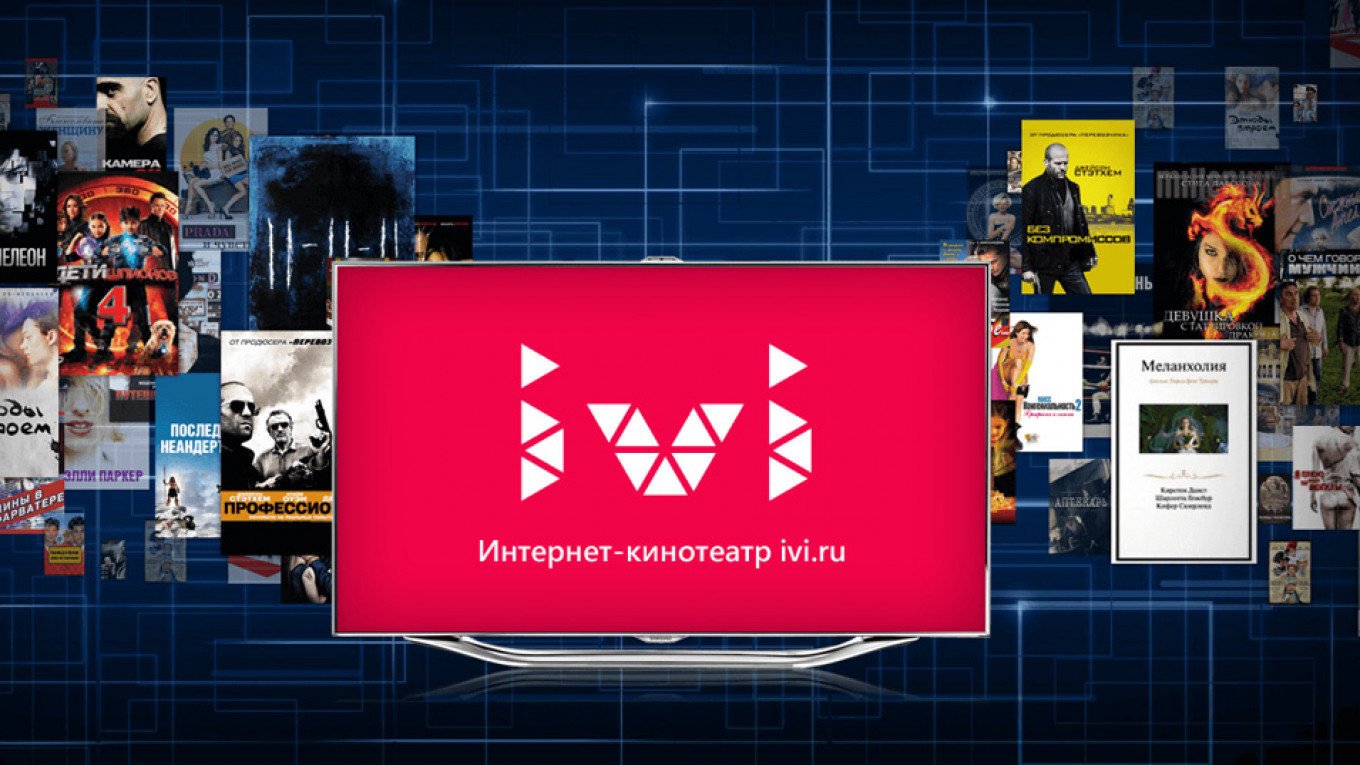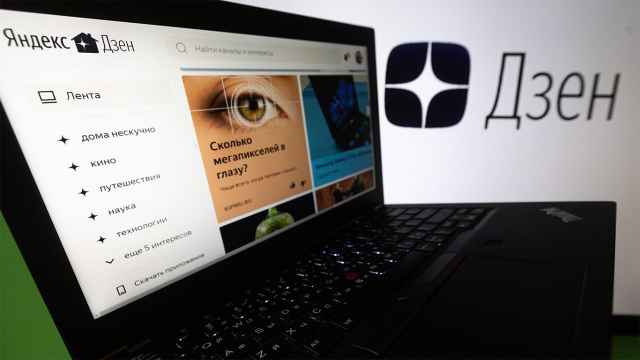A group of top Russian and foreign investors have injected $40 million into ivi.ru, Russia’s largest online video platform in terms of revenue. The transaction, which was announced in June, has just been completed, RBC reported last week, citing exchanges with the company and one of the investors involved.
“This investment will give an impetus to ivi’s development and will allow us to improve our content offering for our audience, in particular, by expanding the production of our own unique content,” ivi founder and CEO Oleg Tumanov told the media in June.
Market leader
The investor pool includes Russia’s sovereign fund RDIF, Mubadala Investment Company (UAE), Baring Vostok Private Equity Fund IV, Flashpoint VC, RTP Global, and Winter Capital, according to RDIF.
The terms of the deal have not been disclosed, but a source told RBC that none of the existing shareholders have left the company.
The media also learned earlier this year that Russian telecoms operator MTS considered acquiring ivi, estimating its value at 20 billion rubles (nearly $310 million); however, the parties failed to reach an agreement.
Launched in 2010, ivi now holds 42% of the legal Russian online video market. The company initially received $30 million from ru-Net (the previous name for RTP Global), Tiger Global Management and Frontier Ventures. In 2011, in a second round of funding, it received another $40 million from the same investors and Baring Vostok, the famous U.S.-led private equity firm.
In 2015, ivi.ru secured $3.5 million from Buran Venture Capital. The same year, the service expanded its operations to 11 former Soviet countries.
Growth accelerates
In the first half of 2019, Russian online video platforms saw their revenues grow to 10.6 billion rubles (around $163 million, up 44.3% in ruble terms from the same period in 2018), according to Telecom Daily’s estimates cited by Vedomosti.
By the end of 2019, these platforms — including foreign ones YouTube, iTunes and Google Play — are expected to earn about 21.5 billion rubles ($336 million at the current exchange rate). Seven years ago, this market did not exceed 1 billion rubles (see EWDN’s industry report).
At the beginning, the business model of Russian online video platform relied primarily on advertising revenues. However, two years ago, user-generated revenues overtook advertising revenue. Since then, the share of user-generated revenues has grown constantly, according to Vedomosti. In the first half of 2019, this share reached 70% of total revenues (7.3 billion rubles, up 70% from the first half of 2018), while advertising revenue generated just 3.3 billion rubles (up 11%).
This article first appeared in East-West Digital News.
A Message from The Moscow Times:
Dear readers,
We are facing unprecedented challenges. Russia's Prosecutor General's Office has designated The Moscow Times as an "undesirable" organization, criminalizing our work and putting our staff at risk of prosecution. This follows our earlier unjust labeling as a "foreign agent."
These actions are direct attempts to silence independent journalism in Russia. The authorities claim our work "discredits the decisions of the Russian leadership." We see things differently: we strive to provide accurate, unbiased reporting on Russia.
We, the journalists of The Moscow Times, refuse to be silenced. But to continue our work, we need your help.
Your support, no matter how small, makes a world of difference. If you can, please support us monthly starting from just $2. It's quick to set up, and every contribution makes a significant impact.
By supporting The Moscow Times, you're defending open, independent journalism in the face of repression. Thank you for standing with us.
Remind me later.







